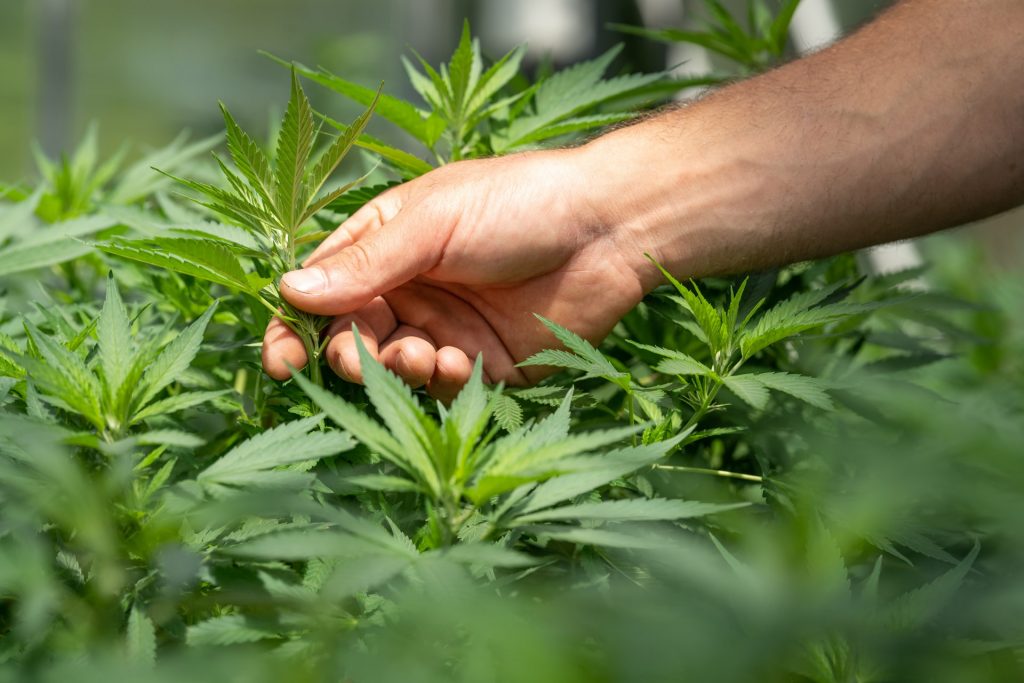Cannabis is often considered a recreational drug, but the plant has been used to treat various medical conditions for centuries. Recently, there has been an increasing interest in the potential link between cannabis and mental health.
While more research is needed, some studies suggest that cannabis may benefit people with mental health conditions such as depression, anxiety, and bipolar disorder.
However, cannabis can also adversely affect mental health and should be used cautiously.
The Link Between Marijuana Use and Psychiatric Disorders
Marijuana use has been linked to various psychiatric disorders, including anxiety, depression, bipolar disorder, schizophrenia, and addiction. While the exact mechanisms are not fully understood, it is clear that there is a connection between marijuana use and mental health problems.
For people with preexisting mental health conditions, marijuana use can worsen symptoms and make the situation more difficult to treat. For example, people with anxiety may find that their anxiety increases after using marijuana. People with bipolar disorder may find that their mood swings become more severe. And people with schizophrenia may find that their hallucinations become more frequent or intense.
You must talk to your doctor before using marijuana if you have a mental health condition. Some studies have shown that marijuana can help ease mental health symptoms, but more research is needed. In the meantime, it’s best to be on the side of caution and avoid using marijuana if you have a mental health condition. However, if you’re struggling with a mental health condition, many resources are available to help you.

The Impact of Cannabis on Mental Health
Cannabis has been shown to have a variety of effects on mental health. Some people report feeling more relaxed and happy after using cannabis, while others may experience anxiety or paranoia.
Some evidence suggests that regular cannabis use may be linked to an increased risk of developing psychiatric disorders such as schizophrenia. However, it is essential to note that this research is still in its early stages, and further studies are needed to confirm these findings.
How Cannabis Affects the Brain
Cannabis affects the brain by binding to receptors on cells. These receptors are part of the body’s endocannabinoid system, which is involved in various functions, including mood, memory, and appetite.
When cannabis binds to these receptors, it can alter how the brain functions. This can lead to changes in mood, perception, and behavior.
Short-Term Effects
The short-term effects of cannabis use include:
- Changes in mood
- Changes in perception
- Impaired ability to remember
- Impaired ability to concentrate
- Increased anxiety
Long-Term Effects
The long-term effects of cannabis use include:
- Addiction
- Difficulty remembering
- Problems with learning and paying attention
- Increased anxiety
Different types of Edible Cannabis
Cannabis can be consumed in a variety of ways, including:
- Smoking
- Vaping
- Eating (edibles)
- Drinking
- Applying it to the skin (topical)
When choosing an edible product, starting with a low dose and increasing gradually as needed is essential. It is also important to know that different consumption methods will result in other onset times and duration of effects. Buy Delta 9 Products, if you are considering using cannabis for medicinal purposes.


